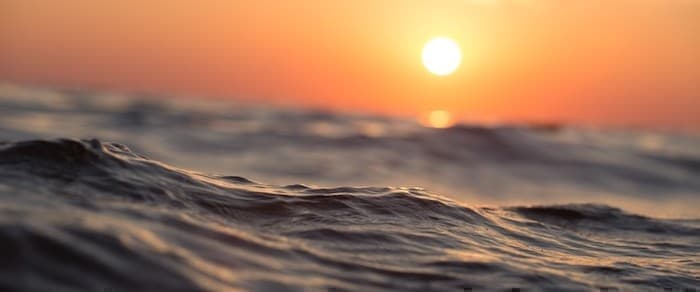In the world of energy geopolitics and economics are closely linked to each other. The exploitation of oil and gas reserves is a major source of income for energy-rich countries and therefore tension and competition. In some cases, it’s difficult to distinguish whether political or economic goals are being pursued. The Eastern Mediterranean has become a theatre for power politics which has its origin in energy exploration and production activities. Before the current global health crisis erupted, the discovery of major gas fields was exciting news in several capitals across the region. Egypt has already started production at its Zohr field while Israel's Leviathan provides much-needed gas to a country that's been lacking significant energy resources for most of its history. Turkey, however, enviously watched discovery after discovery in the backyard of its political adversaries.
The fraught relations between Ankara and its Greek neighbors makes it difficult to cooperate. Especially Turkey’s confrontational diplomatic style has diminished any hopes for rapprochement. Turkey’s decision to claim the area between the Greek island of Crete and Cyprus added another reason for contention.

(Click to enlarge)
To make matters worse, Turkish exploration vessels have started drilling for fossil fuels in the contended area. While it’s reasonable to assume that diminishing demand due to the novel Coronavirus would devastate any plans for deep-sea energy production, Ankara has continued its exploration activities. It is a sign that more is at stake than just energy.
The companies involved in offshore projects within the maritime borders of countries such as Cyprus, Egypt, and Israel are mostly Western firms motivated by making a profit. Deep-sea exploration is already an expensive endeavor that is made even worse by dropping prices. Exxon, for example, announced that it's halting all activities in Cypriot waters until September 2021.
Turkey most recent actions in the internationally recognized water of Cyprus provoked strong condemnation from Egypt, France, Greece, and the UAE. Ankara on its turn accused the countries of forming an “alliance of evil”. The war of words is centered on energy activities, but the composition of the countries shows the presence of ulterior reasons.
According to Harry Tzimitras, director of the Peace Research Institute Oslo Cyprus Centre, “it never was majorly about energy, what Turkey is doing in the Mediterranean. It is a power projection. And I think what is happing now with the continued presence and drilling of Turkey in the region, it only proves further that it had very little to do with energy.”
Ankara’s objectives are focused on advancing its position vis-à-vis the other littoral states in what it increasingly views as a zero-sum game. Especially after the deterioration of its relations with Israel and Egypt, the Turkish position has weakened because the country increasingly is being left out of regional cooperation.
Related: Will There Be Another Oil Price War?
The UAE’s recent condemnation of Turkey’s exploration activities shows that there are overlapping concerns. Especially the demarcation deal on the maritime borders between Turkey and Libya is concerning for certain parties. The UAE has been supporting General Haftar because it suspects the government in Tripoli with having sympathy for the Muslim Brotherhood. The French are equally concerned with Turkey’s presence in Libya because it could alter the balance on the battlefield.
Ankara’s sea demarcation agreement with Tripoli has managed to link the future of Libya with energy exploration in the Eastern Mediterranean. Turkey can increase its military presence in the internationally recognized waters of Greece and Cyprus by involving the Libyan issue. However, the country risks a unified front of multiple opponents in several regions.
Already an unlikely and informal alliance is assembling between various countries. The Eastern Mediterranean states, Greece, Cyprus, Egypt, and Israel, are unified due to the discovery of significant energy resources. The UAE's is alarmed by the possible resurgence of the Muslim Brotherhood in neighboring countries. France, on the other hand, fears losing its interests in Libya if Ankara can tip the balance in favor of the government in Tripoli. All countries, however, have one thing in common that has brought them together: Turkey.
By Vanand Meliksetian for Oilprice.com
More Top Reads From Oilprice.com:
- Russia Overtakes Saudi Arabia As The Largest Oil Exporter To China
- The State Of Texas Collected Huge Royalty Check Before Price Crash
- Trump Wants To Mediate In Escalating Conflict Between Asian Superpowers


















